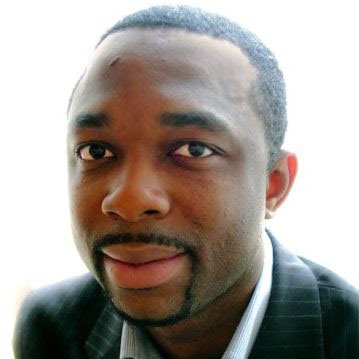
I lead a Baltimore nonprofit that operates from a foundation of faith and explicit values that acknowledges the following: Work is fundamental to the dignity of the person; Work is God’s invitation to be co-creators and co-laborers in creation’s unfinished work; every person is created in God’s image; and that through our own lived experiences, we can create work that produces Goods that are Good for society and Services that Serve society.
Our work focuses on reducing the adverse impact of historical policies and practices that underlie much of the societal inequities we experience today—mainly the racial wealth divide. Accomplishing the mission requires us to seek financial resources from individuals, families, and institutions with aligned values, which requires enormous time, energy, and emotional labor. Spending a tremendous amount of time and energy to pursue resources needed to serve our brothers and sisters is not unique to my organization; it is one of the most time-consuming strategic objectives of nonprofit organizations. Over the last several months, with many institutions finding a renewed voice in being explicit about their stance on social justice issues, I have continued to struggle with the role of faith in not just how we serve, but our relationships to wealth in doing so.
The philanthropic culture in our nation, especially in Baltimore, has roots in faith systems, whether explicit in its public position or as a personal practice behind the individuals whose wealth fuels the sector. This realization then begs a bigger question about how much the sector integrates faith into self-accountability. Most nonprofits find it very difficult to hold funders accountable, especially to systems of values, because of the imbalance in the relationship between the person providing the resources and the person doing the work. Over the last months, the teachings through the ICJS Justice Leaders Fellowship experience have called upon us to re-examine what it means to put God at the center of our work. More specifically, we have wrestled with the following:
- Economic greed and wealth hoarding have found themselves as foundational principles of many structures of philanthropy. (James 5: 1-5)
- The Islamic concepts of ‘Adl (justice; to place something in its rightful place; a balanced approach to all things, including life) and Qist (fairness/equal share; everyone has a fair say/fair distribution of goods) provide a framing of distributive justice, allowing one to provide for oneself without overindulgence.
- In Judaism, tzedakah is not just a suggestion; it is a matter of responsibility.
For many, we aspire to explore ways to use our gifts and talents to pursue a vocation that helps us provide for ourselves and serve others. These two pursuits are wrapped into the same roles for some, especially for those in the nonprofit sector. For others, wealth accumulation happens by a combination of putting individual gifts to use and by leveraging earthly resources provided to us by God (land, air, water, etc.). For far too many, neither individual gifts nor earthly resources are sufficient; history tells us that our economic systems have intentionally excluded many from economic prosperity.
A philanthropic model that is faith-centered should examine how we’ve historically accumulated wealth and imagine a future without wealth hoarding from an economic justice framework. This framework can be central to how we co-create a future in God’s image, alongside our brothers and sisters, without the power dynamics inherent in such relationships.
 A. Jay Nwachu is President and CEO of Innovation Works, and a member of the 2021 ICJS Justice Leaders Fellowship.
A. Jay Nwachu is President and CEO of Innovation Works, and a member of the 2021 ICJS Justice Leaders Fellowship.
Baltimore is part of a national conversation around questions of justice, race, and community. Members of the ICJS Justice Leaders Fellowship consider how Jewish, Christian, and Muslim teachings and practice can contribute to the public conversation about (in)justice. Opinions expressed in this blog are solely the author’s. ICJS welcomes a diversity of opinions and perspectives. We do not seek a single definition of justice between or within traditions.